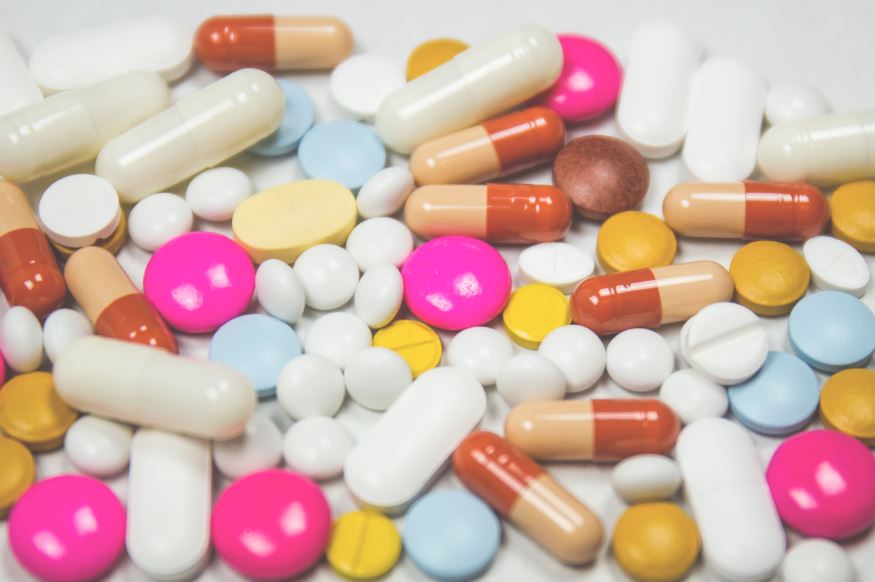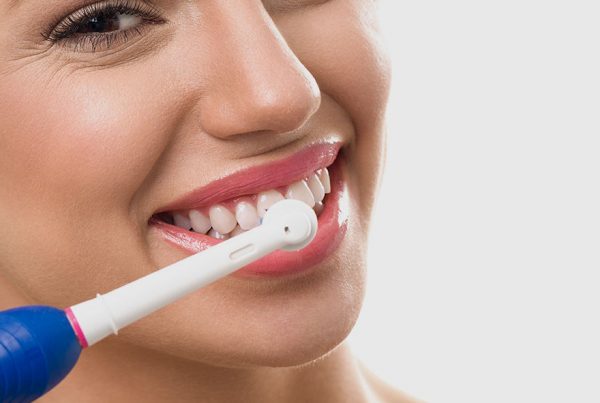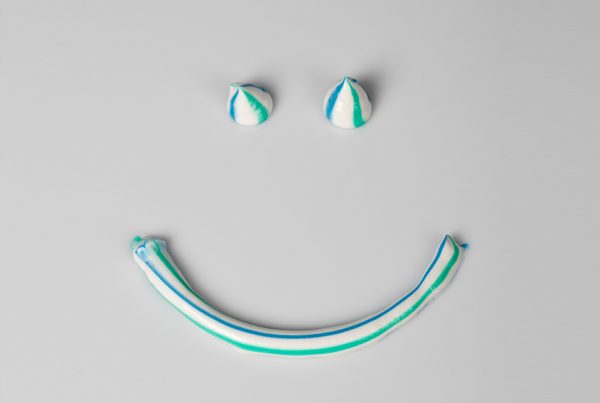Dry mouth is the feeling that there is not enough saliva in the mouth. The scientific name for dry mouth is xerostomia. Having a dry mouth can be uncomfortable and even painful. In this article we will discuss saliva, the causes of dry mouth and some simple steps to help ease the discomfort.
Saliva is what the majority of children (and some adults) would call spit. Now, saliva is not just water. It is produced by three big pairs of salivary glands. One pair is behind the jaw and underneath the ear on both sides. Two other pairs are under the jaw and tongue. There are also hundreds of little salivary glands placed around the mouth, for example in the cheeks and lips. Saliva contains a lot of different ions and proteins, all of them very important in keeping the mouth fit and healthy. If you think of it like a soup with all the goodies that constantly bathes your teeth and mouth to keep them healthy.
You only become aware of saliva in an extreme situation; if there’s too little of it or too much of it. If your mouth does not make enough saliva, it is likely to feel dry. This could be because you have a blocked nose and you have been breathing through your mouth all night. The other extreme is when you think about or smell your favourite food. You know the expression “mouthwatering”. I always think of one of my favourite cartoons, Tom and Jerry, when Tom is singing an opera on a stage and Jerry is in the corner licking half of the lemon… You can picture the state of poor Tom as he dribbles away on stage.
The main roles of saliva are:
1. Lubrication and protection of soft tissues – which means it makes the tongue, inside of cheeks and lips slippery so we don’t bite ourselves as well as coating food as we are chewing it.
2. Digestion and taste – saliva has some proteins (enzymes to be more precise) that start the breakdown of the foods as well as helping taste buds sense all the yummy food you’re eating.
3. Antibacterial properties – saliva also has antibodies that are the first defence against the germs (bacteria and fungi) that arrive in the mouth.
4. Buffering – saliva neutralises acids from food or drinks, and the acid produced by bacteria that are trying to harm the teeth.
5. Forms a protective film over the teeth and washes away some of the debris of food left after meals (saliva is powerful, but brushing and cleaning your teeth is crucial to keeping them healthy).
6. Keeping the teeth healthy by bathing them in a mixture of ions (particularly calcium and phosphates) that helps repair initial damage done by acidic food and drinks as well as acid from bacteria.
Looking at the roles of saliva, it becomes easier to understand what happens if there is a lack of saliva:
1. Dry lips, soreness of the mouth, cheeks, tongue (some people complain of burning sensation in the mouth) and difficulty eating, and swallowing.
2. Sore throat, hoarseness and difficulty speaking.
3. Changed taste sensation .
4. Repeated infections in the mouth, like thrush as well as cracked lips and corners of the mouth.
5. Tooth decay and gum disease that are progressing much faster and are much more difficult to control.
6. Bad breath (halitosis)
There are many reasons why dry mouth occurs and often it is a combination of several things:
1. It could be dehydration, for example going on a long haul flight or playing sport without keeping yourself well hydrated. Vomiting, fever or diarrhoea could all cause dry mouth due to the dehydration.
2. Having a blocked nose from a cold can cause mouth breathing and one may wake up in the morning with a dry mouth.
3. There are more than 400 medicines (about 80 generic medicines but produced by different manufacturer) that can cause dry mouth. These include some blood pressure medication, diuretics, antidepressants, antihistamins, asthma medication and muscle relaxants. Many more medicines list dry mouth as potential side effects. Some over the counter medication like decongestants can cause dry mouth.
4. Some medical conditions like diabetes, Sjogren syndrome and some infections can cause dry mouth as a side effect.
5. Some medical treatments can cause dry mouth. Radio-therapy of head and neck and chemotherapy could reduce the amount of saliva or cause saliva to become more thick.
6. Some injuries as well as side effects of surgery can potentially cause nerve damage that may reduce saliva production.

Dry mouth can be caused by medications.
Dry mouth can be extremely uncomfortable. So what could be done to prevent dry mouth or minimise its effects:
1. Keep hydrated. Make sure you drink enough water during the day, especially when exercising, during hot weather or if you are unwell.
2. Speak to your GP if you have noticed dry mouth since starting a new medication. It may be possible to change the medication or modify the dose. Never change the dose without consulting your GP first.
3. In situations where you are suffering with a dry mouth, speak to your dentist or your GP who could advise on saliva substitutes that are available and can help relieve the symptoms.
4. If you suffer from asthma, simply rinsing your mouth with water after having your medication may help. Medications from inhalers may sometimes cause infections in the back of your mouth if left on the area so rinsing is a good way to remove the excess medication.
5. And most importantly keep brushing your teeth twice a day, use interdental brushes or floss to clean in between your teeth regularly and use a fluoride mouthwash at a separate time to tooth brushing to maximise its effect. Your dentist may recommend additional sources of fluoride like a prescription toothpaste that contains a higher amount of fluoride or tooth mousse.
Keep updated with the Online Dentist newslettersign up today
Recent Articles
 Tooth brushing is the best way we have to remove bacteria from our mouths. The majority of problems with your teeth are caused by bacteria. Bacteria making holes. Bacteria damaging...
Tooth brushing is the best way we have to remove bacteria from our mouths. The majority of problems with your teeth are caused by bacteria. Bacteria making holes. Bacteria damaging...
 This article is all about toothpaste, what should be in it and why you should use it when brushing your teeth. Forgive me but I'm going to start out with...
This article is all about toothpaste, what should be in it and why you should use it when brushing your teeth. Forgive me but I'm going to start out with...




